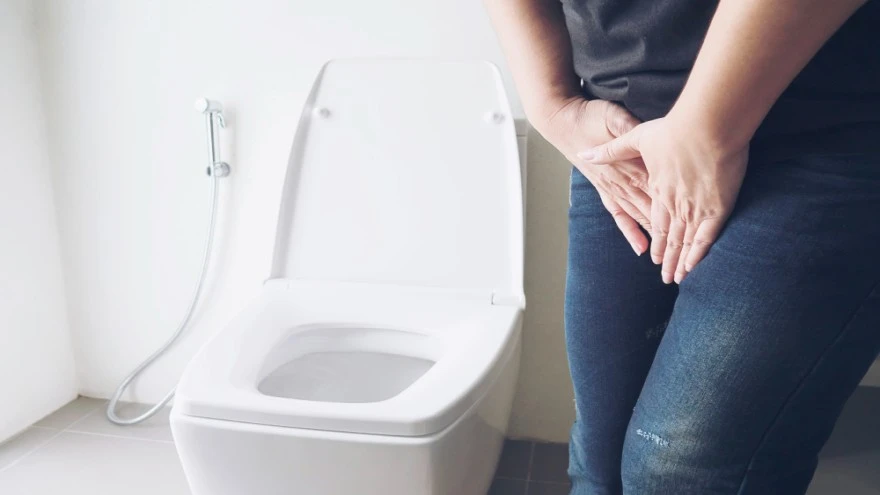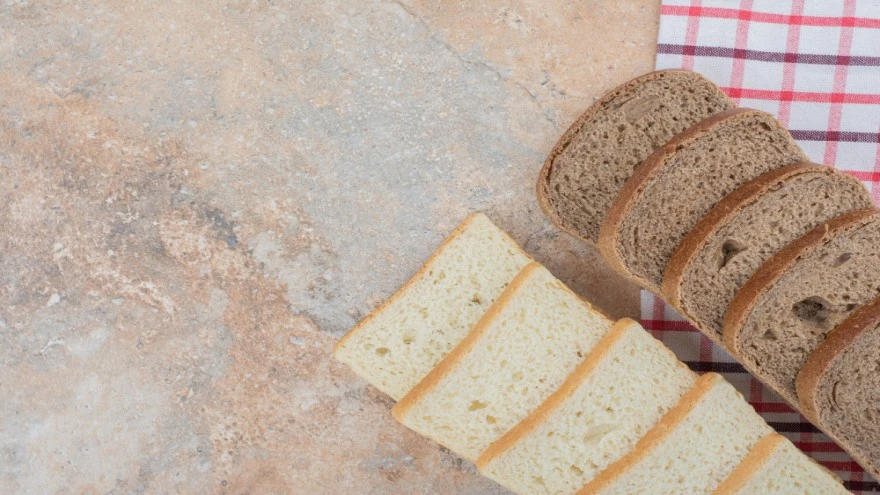Health Wellness
Do you keep getting urine infections? Things you must do to prevent UTIs

Table of Contents
Urine infections and symptoms
Urinary tract infections (UTIs) are infections that occur in any part of your urinary system — your kidneys, ureters, bladder, and urethra. However, most infections involve the lower urinary tract — the bladder and the urethra. In fact, bladder infections are the most common type of UTI. Common symptoms of UTIs include a strong, frequent urge to urinate, pain or burning sensation while passing urine, bloody, cloudy, strong-smelling urine, muscle aches, pain in the abdomen, and even fever in severe infections.
Women are at greater risk of getting UTIs
Do you know women have a lifetime risk of above 50 percent of getting an infection of the urinary system? The cause is the physical differences between women and men. A woman's urethra is shorter than a man's. The urethra is the tube that carries the urine from the bladder to the urethral opening from where it comes out of the body. A shorter urethra makes it easier for bacteria to reach the bladder and cause infection.
Things you must do to stop recurrent urine infections:
Look for the cause
Getting an idea of what might be giving you UTIs can help look for an effective solution. The infections are usually caused by bacteria, E. coli, being the most common cause. Your doctor will advise a urine culture and sensitivity test to check what germs are troubling your urinary system. You will be prescribed an antibiotic therapy to kill the infection-causing germs and relieve your symptoms.
Please note that UTIs can be caused by germs other than E. coli too. Make sure that you do not delay the tests suggested by your doctor as they help your doctor optimize your treatment and advise the most effective medicines that suit your condition. Apart from the urine tests, your doctor may recommend an ultrasound or Computerized tomography (CT) scan of the urinary tract as well.
Increase your water intake
If you have been suffering from recurrent urine infections, you must have heard this advice coming through your doctor every time. Having more water helps flush out bacteria in your urine. It also dilutes the urine, which might reduce the burning sensation temporarily. The good news is having enough water daily can help prevent you from getting urine infections repeatedly.
Urinate after having sexual intercourse
As per some experts, sexual intercourse increases the number of bacteria in the bladder, putting women at risk of UTIs. Most gynecologists recommend women who keep getting UTIs that they must urinate after sex to reduce their risk of catching an infection. Also, washing your genitals before and after sex is also considered a good hygienic practice to keep UTIs at bay in women.
Wipe from front to back
There are no robust scientific claims around this health recommendation, but it’s more like a simple science. By wiping from back to front, you tend to carry bacteria (E. coli) which is very commonly present in the intestine as a harmless germ, to the vagina, where it can cause harm by causing infections. So, practice wiping your genitals from front to back.
Check if your age is setting the stage for UTIs
After menopause, women undergo certain physical changes, including a natural decline in the numbers of healthy bacteria in the vagina. Also, with the lack of estrogen, an important female hormone, the tissues in the vagina and urethra tends to change, leading to irritated tissues and increased risk of infection. Consult your doctor if an estrogen therapy would be helpful in preventing urine infections.
Steer clear of over hyped natural remedies or marketing gimmicks
Avoid scented feminine products. Skip deodorant sprays, scented powders, and other products with chemicals. The use of such products can irritate your genital parts, and make them prone to getting infections. You might also come across on the Internet a plethora of natural remedies like washing private parts with apple cider vinegar, etc. Please consult an expert before trying anything bizarre as it might be tricky to decode everything you should know about any such home remedy (how much to use, how long to apply, how frequently to use, etc.).
Sip on cranberry juice
As per some researchers, cranberry juice can help fight urine infections to a little extent. Studies report that the active biochemical compounds in cranberry juice prevent bacteria from developing into infections in the urinary tract. However, please note that cranberry juice cannot be considered as a treatment or cure for urine infections.
Taste is another concern that prevents women from using cranberry juice in urine infections. We talked to an experienced gynecologist, who suggests if you dislike cranberry taste, having vitamin C-rich juices might also help. The best approach will still be to eat whole fruits and have plenty of water.


























